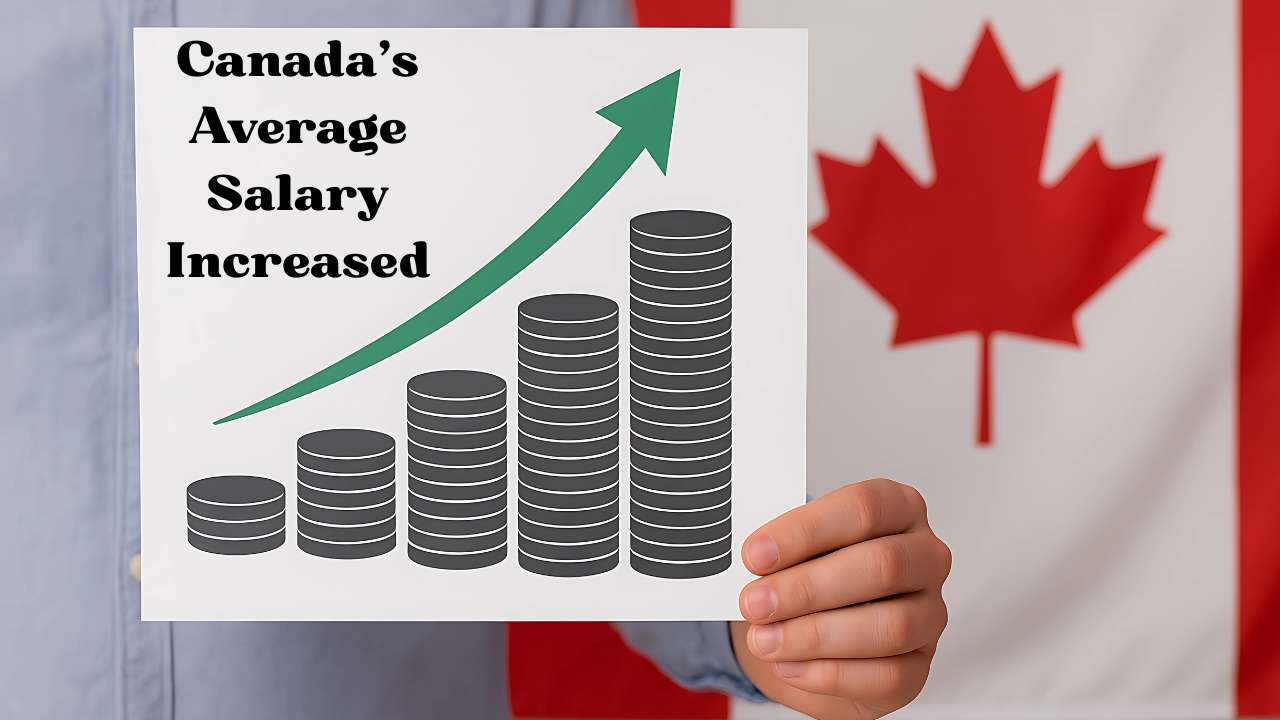If you’re planning ahead for your pay raise—Canada’s Average Salary increased $67,786.86 in 2025 or you’re leading compensation at your organization—2025 looks steady so far. According to Canada’s latest Compensation Planning Survey, employers project average merit increases at 3.2% and total salary increases at 3.5%. Compared to 2024, numbers remain consistent, but not all budgets are finalized yet, and there’s still room for change as companies work toward Q1 2025.
Why Are Numbers “Steady” for 2025?
-
Most companies haven’t locked in their budgets yet. Out of 490 survey respondents, only 14% have finalized numbers.
-
Over half (51%) are still gathering data, so some movement is still possible.
-
Despite an improving labor market and stabilization after pandemic-related uncertainty, companies remain careful.
-
Approved merit budgets tend to hover just under projections—at 3.1%—while total increases align at 3.5%.
Industry-Specific Insights
Where Do Increases Stand Out?
Some sectors are more generous, while others take a cautious approach. Here’s what stands out:
Industries Beating the National Average
-
Mining & Metals: Merit increases of 3.6%
-
High-Tech, Consumer Goods, Life Sciences, Other Manufacturing: 3.4% merit increases
Industries Coming in Lower
-
Banking & Financial Services: 3.0% projected merit increases—the lowest among industries surveyed.
What About Hourly Workers?
Hourly employees don’t always match the national averages. On average, merit increase budgets for the Non-Executive Hourly group stand at 2.8%. Industries that depend heavily on hourly roles sometimes set higher hourly merit budgets, but overall, pay is still behind professional and management groups.
Employee Promotions and Pay: What to Expect
Who Gets Promoted in 2025?
-
Companies plan to promote 7–8% of staff
-
Average pay hike for a single-level promotion: 8.9%
-
Non-Executive (Salaried) staff—think professionals and managers—see the most promotions.
-
Only about 4.5% of Executives are expected to get promoted, which is typical given their roles.
Dedicated Promotional Budgets
Some organizations set aside a separate pool for promotions. Where this happens, it averages 1% of the overall salary budget.
New Hires: Are Premiums Still a Thing?
In the intense, post-pandemic talent market, companies occasionally offered new hires higher pay to attract talent. That’s changed:
-
65% now pay new hires at the same rate as current employees.
-
Another 12% report no premium offers for new recruits in recent years.
Short-Term Outlook: What Could Still Change?
Several employers are still finalizing budgets. Expect some movement as economic and political realities evolve through late 2024 and early 2025. Actual pay increases might still differ a bit once the year unfolds.
Quick Reference Table: 2025 Canada Salary Budgets (Merit and Total Increases)
| Category / Industry | Merit % / Total Increase % |
|---|---|
| National Average | 3.2% / 3.5% |
| Approved Budgets (by leadership) | 3.1% / 3.5% |
| Mining & Metals | 3.6% / — |
| High-Tech, Consumer Goods, Life Sciences, Other Manufacturing | 3.4% / — |
| Banking & Financial Services | 3.0% / — |
| Non-Executive Hourly (National Avg.) | 2.8% / — |
Tips for Employers and Employees
For HR and Employers
-
Benchmark your pay practices against industry leaders for competitive talent attraction and retention.
-
Finalize your increase budgets as early as possible for transparency.
-
Monitor market shifts for Q1 updates—don’t hesitate to adjust plans if needed.
For Employees
-
Review your company’s merit increase plans, and keep industry averages in mind for negotiations.
-
If you’re eyeing a promotion, understand the typical increase and your odds, based on your job group.
Frequently Asked Questions
Q1: Are 2025 salary increases in Canada higher than last year?
No—they’re projected to be about the same, with an average merit increase of 3.2% and total increases near 3.5%.
Q2: Do all industries follow the national average?
Not exactly. Mining, High-Tech, Consumer Goods, and others set higher budget increases, while Banking & Financial Services trend lower.
Q3: Are new hires still receiving pay premiums?
Most organizations are offering new hires the same pay as current employees rather than additional premiums.
More UK Homes Now Qualify for £210 Energy Relief – Check Your Eligibility Instantly
